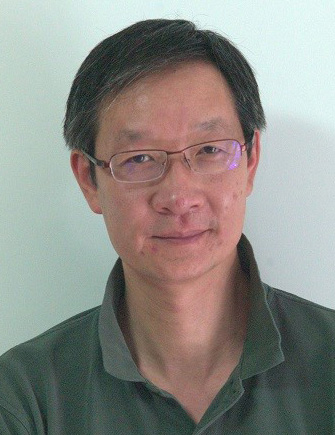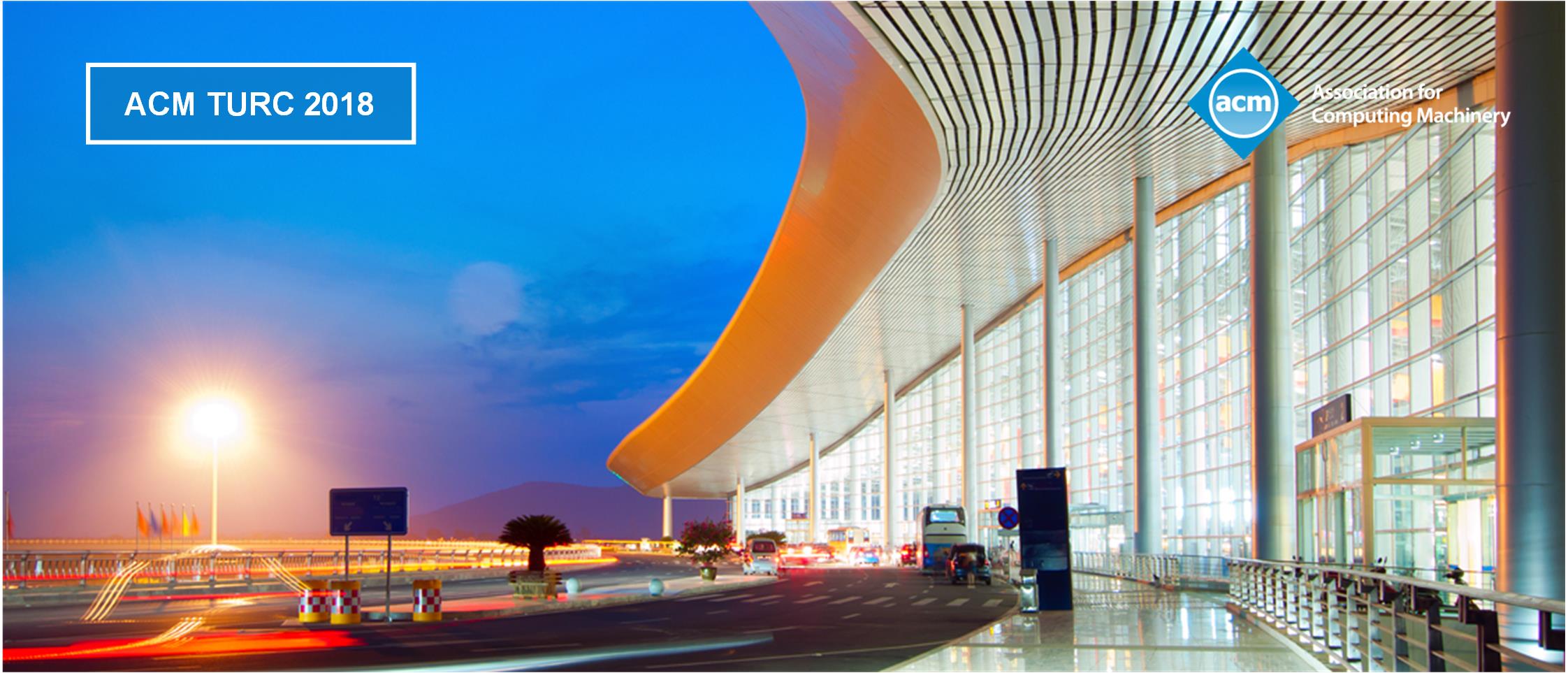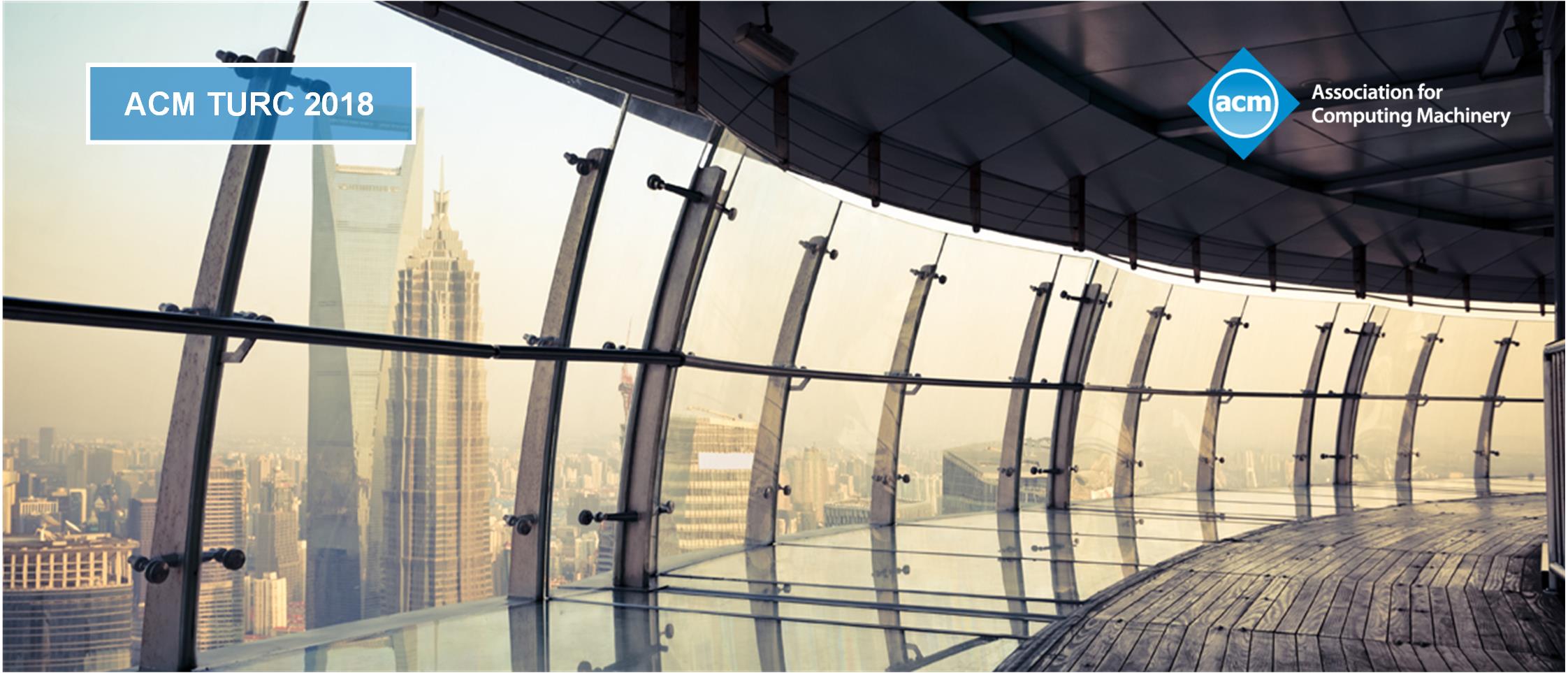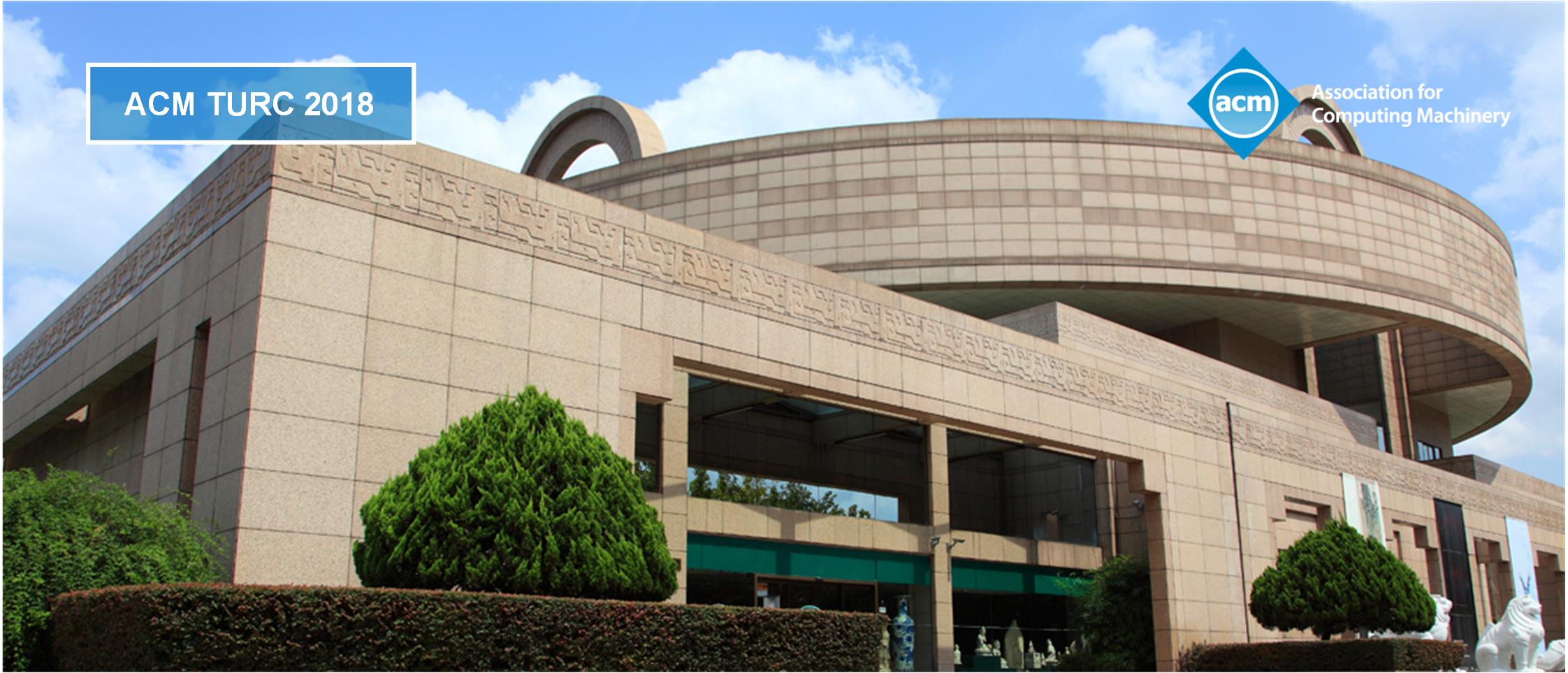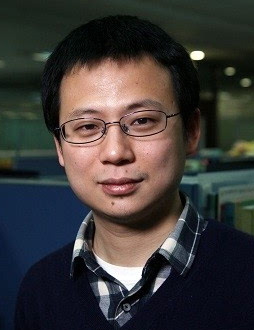 |
|
Speaker 1: 陈云霁,中科院计算所研究员
Title:深度学习处理器 Deep Learning Processor
Abstract:以深度学习为代表的人工神经网络是机器学习最重要的方法之一,在云端和终端都有非常广泛的应用(例如广告推荐、自动翻译、语音识别、图像识别等)。然而传统的 CPU 和 GPU 芯片在进行神经网络处理时遇到了严重的性能和能耗瓶颈。近年来,我们和 Inria 合作设计了国际上首个深度学习处理器架构,能将深度学习处理能耗降低多个数量级。相关工作获得了 ASPLOS'14 和 MICRO'14 的最佳论文奖(亚洲迄今仅有的两次获计算机体系结构顶级国际会议最佳论文),并入选了 CACM 评选的研究亮点,引起了国际同行的广泛关注。我们研制的寒武纪深度学习处理器已经应用在包括华为Mate10手机在内的千万用户终端中。
Deep learning is an important machine learning method, which is widely deployed in both cloud end and mobile end. We developed the world's first deep learning processor chip Cambricon. Currently, Cambricon IP has been deployed in tens of millions of cellphone including Huawei Mate10 and P20.
Bio:陈云霁,男,1983年生,江西南昌人,中国科学院计算技术研究所研究员、博士生导师、智能处理器研究中心主任。同时,他担任了中国科学院脑科学卓越中心特聘研究员,以及中国科学院大学岗位教授。目前他带领其团队,研制寒武纪系列深度学习处理器。他在包括 ISCA、HPCA、MICRO、ASPLOS、ICSE、ISSCC、Hot Chips、IJCAI、FPGA、SPAA、IEEE Micro 以及 8 种 IEEE/ACM Trans. 在内的学术会议及期刊上发表论文100余篇。陈云霁获得了首届全国创新争先奖、中国青年科技奖、首届国家自然科学基金“优秀青年基金”、首届国家万人计划“青年拔尖人才”、中科院青年科学家奖、中国计算机学会青年科学家奖和海淀区十大杰出青年,入选 2015 年度《麻省理工科技评论》评选的全球35位35岁以下杰出青年创新者。他还作为青年负责人带领团队获得过全国“青年文明号”和中央国家机关“青年文明号”的称号。
Yunji Chen was born in Nanchang, China, in 1983. He is a full professor at Institute of Computing Technology, Chinese Academy of Sciences. Currently, he leads his lab to develop Cambricon deep learning processors. Before that, he participated in the Godson/Loongson project for more than ten years, and was a chief architect of Godson3 microprocessor. Yunji Chen has authored or coauthored 1 book and over 60 papers on various conferences (including ISCA, HPCA, MICRO, ASPLOS, ICSE, ISSCC, Hot Chips, IJCAI, FPGA, and SPAA) and jounals (including IEEE JSSC, IEEE TC, IEEE TPDS, IEEE TIP, IEEE TCAD, ACM TOCS, ACM TIST, ACM TACO, ACM TODAES, ACM Computing Surveys, and IEEE Micro). He was a recipient of ASPLOS'14 and MICRO'14 best paper awards for advances in neural network processors. |
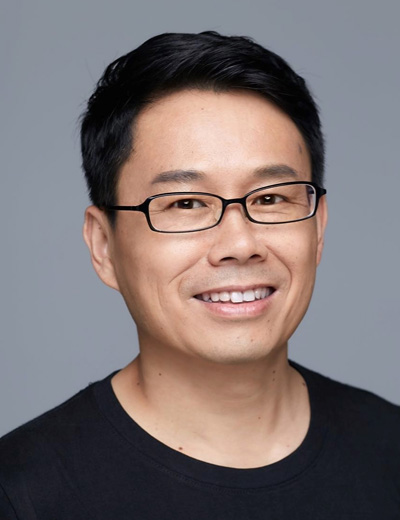 |
|
Speaker 2: 黄波,驭势(上海)汽车科技有限公司总经理
Title:智能驾驶:一个复杂的系统工程
Intelligent Driving: A Complicated System Engineering
Abstract:智能驾驶是未来10年人工智能的重要应用之一。在本演讲中,演讲者将分享一个典型的智能驾驶系统的系统架构,系统中各模块的主要功能以及开发一个产品级的智能驾驶系统所需要考虑的一些问题。
Within the next 10 years, intelligent driving is no doubt one of the most critical applications of artificial intelligence. In this speech, the speaker is going to share the architecture of a typical intelligent driving system, including the major functionalities of respective modules and important considerations of developing a mass production intelligent driving system.
Bio:黄波博士,毕业于复旦大学计算机科学系计算机软件与理论专业,驭势(上海)汽车科技有限公司总经理。加盟驭势前一直在英特尔亚太研发有限公司工作,是英特尔中国本土培养的第一位资深首席工程师。在英特尔工作期间,他创建了英特尔中国编译技术组并带领团队开发了多款编译器和动态优化器。他还倡导端到端的系统优化并在云端的服务器以及客户端的软件与服务优化上构建了英特尔中国的核心竞争力。作为技术创新的推动者,黄波博士希望用科技来改变人类的生活。
Bo Huang, General Manager of UISEE (Shanghai) Automotive Technologies LTD., who received his PhD in computer science from Fudan University. Before joining UISEE, Bo was a senior technologist and innovator in Intel Asia Pacific Research & Development Company. As the 1st homegrown Senior Principal Engineer at Intel China, Bo established a world class compiler group at Intel Shanghai and led his team successfully delivered several compilers and dynamic optimizers. Bo was also an advocator of end-to-end system optimization, who established Intel China as a center of expertise on software/service optimization that takes both cloud servers and client devices into consideration. Bo is a passionate leader on technology innovation, who devotes himself to transform our life with advanced technologies.
|
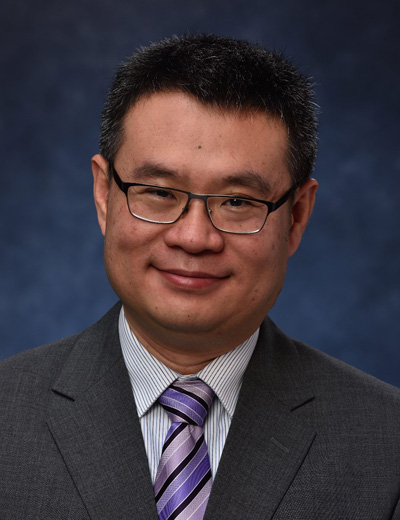 |
|
Speaker 3: Yiran Chen, Duke University, Co-director of Duke Center for Evolutionary Intelligence (CEI), IEEE Fellow
Title:设计一个高效安全的神经形态计算系统
Designing an Efficient and Safe Neuromorphic Computing System
Abstract:神经形态计算原指用来实现神经系统模型的模拟神经生物学计算架构。这一概念随即扩展到所有运行生物启发式计算模型,比如神经网络和深度学习网络的计算系统。作为面向认知应用的替代性计算平台,功耗是神经形态计算系统最主要的设计指标之一。一个神经形态计算系统的计算效率可以通过计算模型和硬件设计两方面加以提高,从而产生很多有趣的互相影响的优化。近期,神经网络模型及数据的安全问题逐渐浮现为神经形态计算设计的另一个重要考量。在本演讲中,演讲者将讨论几种设计高效安全的神经形态计算系统的技术方法。
Neuromorphic computing was originally referred to as the hardware that mimics neuro-biological architectures to implement models of neural systems. The concept was then extended to the computing systems that can run bio-inspired computing models, e.g., neural networks and deep learning networks. As an alternative computing platform targeting cognitive applications, power efficiency is one of the most critical design metrics of neuromorphic computing systems. The computational efficiency of a neuromorphic computing system can be improved through innovations in both computing models and hardware designs, which also generate many interesting interactive optimizations. Very recently, the security of neural network models and the consumed data emerge as another crucial concern of neuromorphic computing systems. In this talk, we will discuss several technical approaches of designing an efficient and safe neuromorphic computing system.
Bio:陈怡然教授在清华大学获得本科及硕士学位,并于2005年在普度大学获得博士学位。在工业界工作五年后,他于2010年加入匹兹堡大学任助理教授,并于2014年晋升为副教授,获终身教职并任“双百年校友”讲席。他现在是杜克大学电子与计算机工程系副教授,杜克进化智能中心联合主任,聚焦新型存储系统、机器学习与神经形态计算、以及移动计算等方向的研究。陈怡然教授发表过一本专著及超过三百篇学术论文,获得过93项美国专利,并出任过多本IEEE和ACM期刊的编委以及超过40个国际会议的组织与技术委员会主席和委员。陈怡然教授曾经获得6次国际会议最佳论文以及12次最佳论文提名。他曾荣获美国国家自然科学基金委教授早期职业发展奖(NSF CAREER)和ACM电子自动化协会新教师奖。他是IEEE会士。
Yiran Chen received B.S and M.S. from Tsinghua University and Ph.D. from Purdue University in 2005. After five years in industry, he joined University of Pittsburgh in 2010 as Assistant Professor and then promoted to Associate Professor with tenure in 2014, held Bicentennial Alumni Faculty Fellow. He now is a tenured Associate Professor of the Department of Electrical and Computer Engineering at Duke University and serving as the co-director of Duke Center for Evolutionary Intelligence (CEI), focusing on the research of new memory and storage systems, machine learning and neuromorphic computing, and mobile computing systems. Dr. Chen has published one book and more than 300 technical publications and has been granted 93 US patents. He is the associate editor of IEEE TNNLS, IEEE TCAD, IEEE D&T, IEEE ESL, ACM JETC, ACM TCPS, and served on the technical and organization committees of more than 40 international conferences. He received 6 best paper awards and 14 best paper nominations from international conferences. He is the recipient of NSF CAREER award and ACM SIGDA outstanding new faculty award. He is the Fellow of IEEE. |
